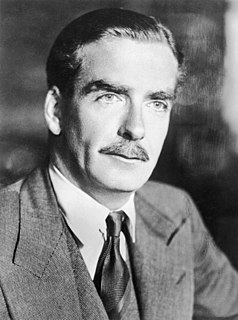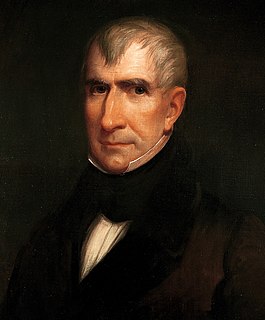A Quote by Anthony Eden
Nothing is more destructive of human dignity than a rule which imposes a mute and blind obedience.
Quote Topics
Related Quotes
There is a tendency among many shallow thinkers of our day to teach that every human act is a reflex, over which we do not exercise human control. They would rate a generous deed as no more praiseworthy than a wink, a crime as no more voluntary than a sneeze. . . Such a philosophy undercuts all human dignity. . . All of us have the power of choice in action at every moment of our lives.
Even if drugs are fully as destructive as they are usually claimed to be, it is morally wrong and demonstrably more destructive for government to deprive people of their unalienable, individual, civil, Constitutional, and human right to make an utter mess of their own lives. Since human beings are inclined to learn more from the mistakes they make, rather than from their triumphs, the right to fail, for individuals and groups alike, may be even more important than the right to succeed, and it must be fiercely protected at almost any cost.
It cannot be said too often that actions are good or bad in the light of consequences, and that a clear perception of consequences would control actions. That which increases the sum of human happiness is moral; and that which diminishes the sum of human happiness is immoral. . . . Blind, unreasoning obedience is the enemy of morality.
Those who speak of blind obedience may appear to know many things, but they do not understand the doctrines of the gospel. There is an obedience that comes from a knowledge of the truth that transcends any external form of control. We are not obedient because we are blind, we are obedient because we can see.
Now we are in the second term of the government of a united nation and the government has done very well. One thing they have done, one thing people could not be blind to, was the achievement this government has made in giving human beings dignity, which they did not enjoy before. They now have dignity.
And somewhat as in blind night, on a mild sea, a sailor may be made aware of an iceberg, fanged and mortal, bearing invisibly near, by the unwarned charm of its breath, nothingness now revealed itself: that permanent night upon which the stars in their expiring generations are less than the glinting of gnats, and nebulae, more trivial than winter breath; that darkness in which eternity lies bent and pale, a dead snake in a jar, and infinity is the sparkling of a wren blown out to sea; that inconceivable chasm of invulnerable silence in which cataclysms of galaxies rave mute as amber.



































